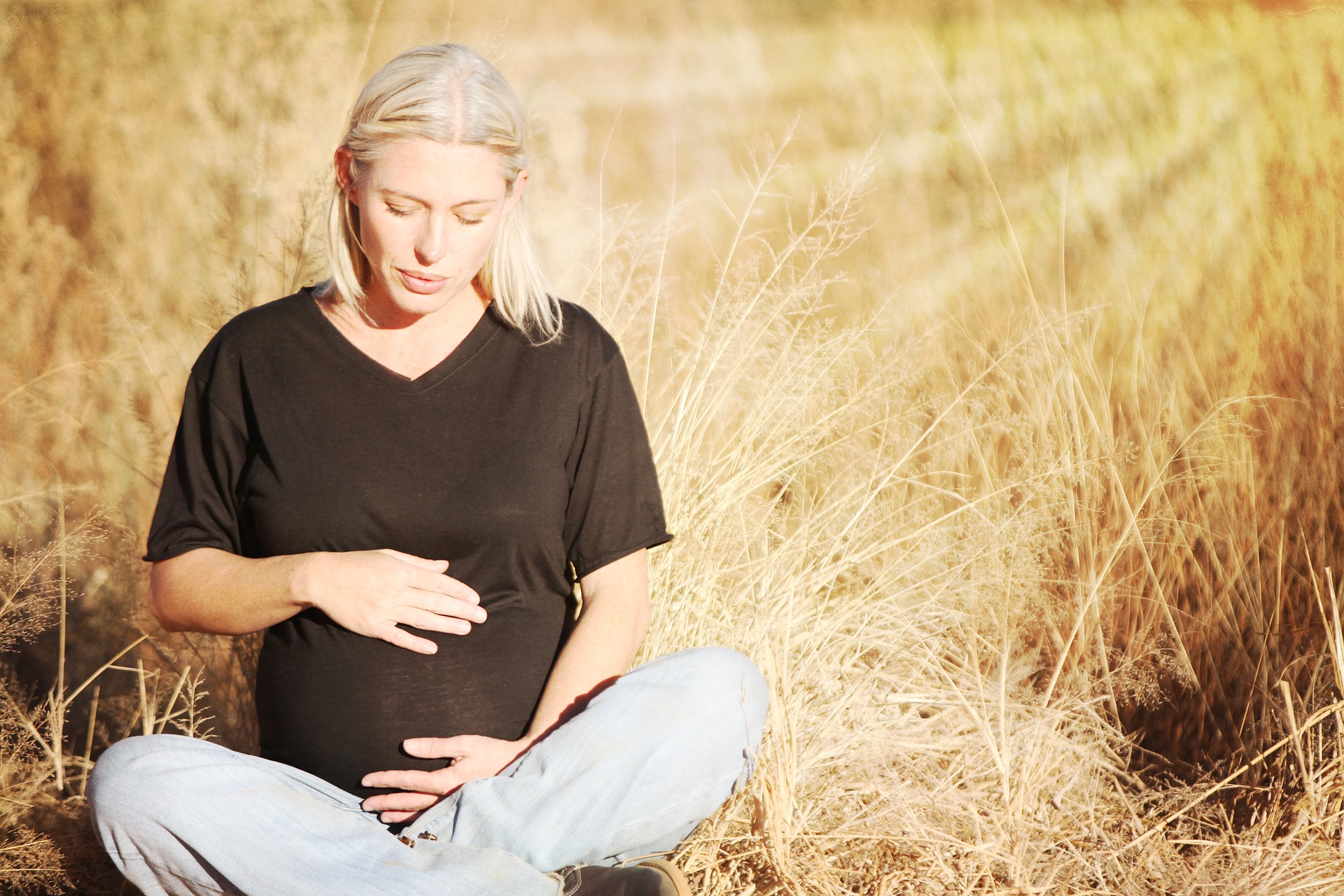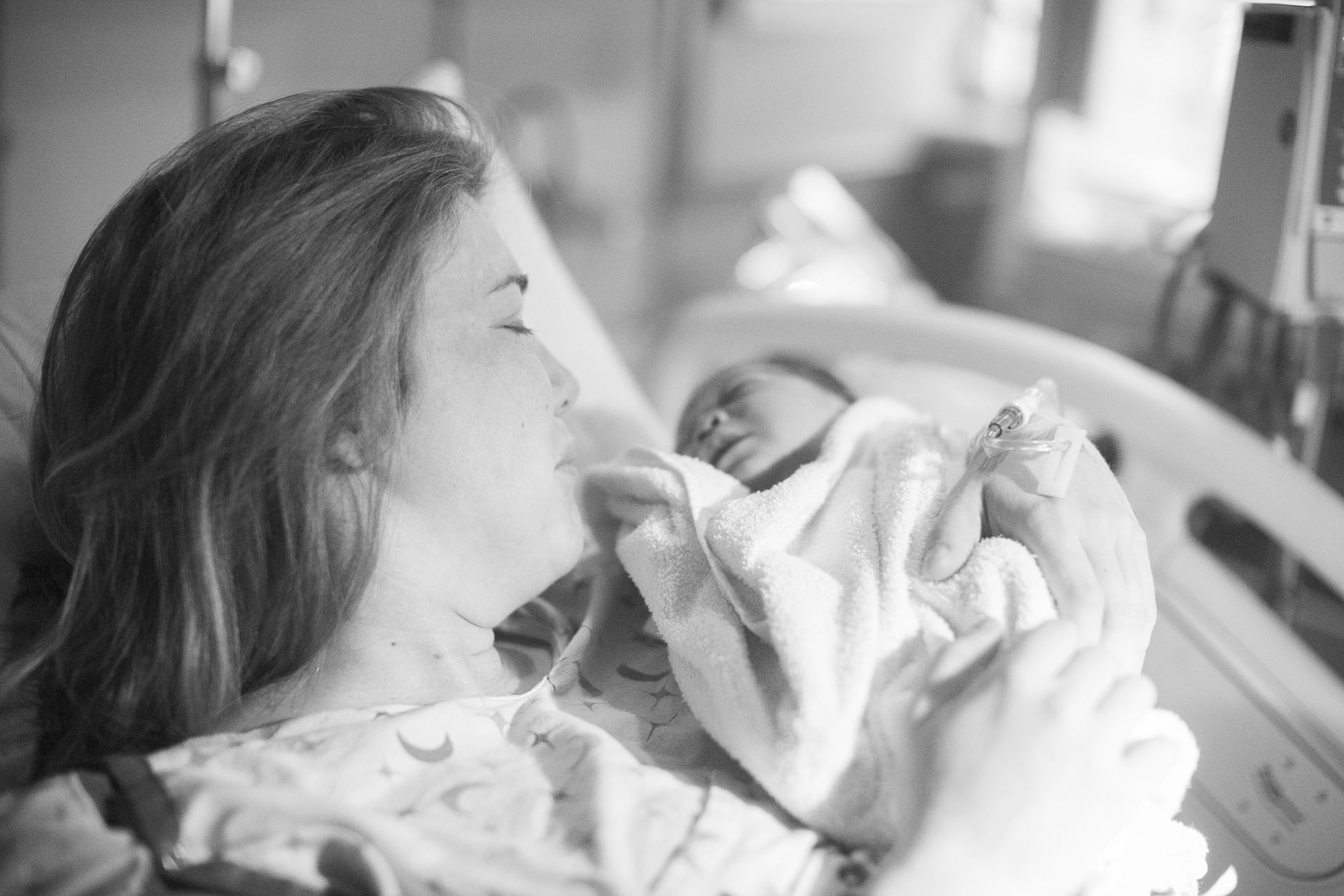Bleeding in pregnancy may or may not be a cause for concern. Below we have a selection of the most commonly asked questions about bleeding in pregnancy. Click on a question to be directed to its answer.
The Bleeding In Pregnancy page answers the following questions:
1. What is pregnancy bleeding and when does it happen?
2. What is the difference between pregnancy spotting and pregnancy bleeding?
3. What are the causes of bleeding in early pregnancy stages?
4. What is an early pregnancy loss?
5. What is an ectopic pregnancy?
6. Which are the causes of bleeding in later pregnancy stages?
7. What could happen to the placenta in later pregnancy stages?
Bleeding in pregnancy questions answered
1. What is pregnancy bleeding and when does it happen?
Bleeding in pregnancy is when the expulsion of blood occurs through your vagina while you are pregnant.
It can happen in all the phases of the pregnancy but it is most common in the first and last trimesters. Many women bleed during the first 20 days of their pregnancy. In some cases this is only spotting but in other cases, it may be more serious.
Although in some cases, bleeding during pregnancy does not indicate a serious problem, it is vital to call your doctor if you begin bleeding to prevent or diagnose any possible problem or complication.
2. What is the difference between pregnancy spotting and pregnancy bleeding?
Pregnancy spotting is when some blood drops come out of your vagina in the first weeks of your pregnancy. This is not an alarming sign, it is completely normal, and many times these blood spots are produced by the implantation and the settling down of the immature placenta. The amount of blood is insignificant and you will not even need a pad to control the blood flow.
On the other hand, when you are bleeding, the flow of blood is more abundant than when you are just spotting and it may be accompanied by abdominal pain. In this case, you will need to use a pad to control the haemorrhage and avoid staining your clothes. You should call your doctor immediately to check that everything is okay.
3. What are the causes of bleeding in early pregnancy stages?
Almost 1 in 4 pregnant women bleed through the vagina in the first weeks of pregnancy. Sometimes, is not possible to determine the specific cause of the bleeding, being severe or mild, disrupted or constant, and painful or not.
The most common cause of bleeding in this period is the implantation bleed. It happens when the immature tissue that will form the placenta buries into the endometrium, the most inner layer of the uterus. It causes a minimal bleed (sometimes this is spotting) and is completely normal. It only lasts a few days.
The neck of the uterus, called the cervix, may also produce some bleeding in this stage of pregnancy. This is produced due to the formation of new vessels in this region.
Other causes of bleeding during this period of time include having sexual intercourse, having a genital infection, and developing hormonal changes.
Unfortunately, in some cases, bleeding during this phase of pregnancy can be a sign of something more serious going on such as an early pregnancy loss or an ectopic pregnancy.

4. What is an early pregnancy loss?
Miscarriage or early pregnancy loss is the name given to fetal death happening in the first 20 weeks of pregnancy. The main symptoms are bleeding and abdominal cramps.
The best way to determine if you had a miscarriage is by having an ultrasound scan. This exam will tell you if the fetus is still developing in your uterus or if the pregnancy is no longer viable. If you have suffered an early pregnancy loss, the scan will also show if you have already expelled the remains of your fetus from your womb, or not. If some remains are still there, they will need to be extracted in order to avoid serious complications like sepsis.
Miscarriage can be highly distressing and affects each woman differently. Be sure to seek support. Assuming there were no complications, early pregnancy loss should not affect your fertility.
5. What is an ectopic pregnancy?
An ectopic pregnancy occurs when the fertilised oocyte does not implant inside the uterus. Most of the time the implantation is in the fallopian tubes, but it can also implant in other parts of the uterus and the abdominal cavity.
In this case, the bleeding occurs when the developing egg grows inside the incorrect organ, breaking it and creating a series of local and general complications. Other symptoms include abdominal, pelvic, and shoulder pain, sometimes appearing even before you know about the pregnancy. A scan will be carried out to determine if the fetus is inside or outside the uterus. In these cases, the pregnancy has to be interrupted in order to protect your life.
The probability to have more than one ectopic pregnancy during your life is around 15%, but this depends on your age, fertility history, and the damage suffered from the first ectopic pregnancy.
6. Which are the causes of bleeding in later pregnancy stages?
1 out of 10 women will have a bleeding episode during the last trimester of pregnancy. Just like in early pregnancy stages, you will need to worry about the bleeding, especially if it becomes intense and constant because it can be a sign that something more serious and dangerous is happening.
Some common problems like benign tumours in the cervix or its inflammation can generate a bleeding at this phase of pregnancy. You can also bleed when you have sexual intercourse, usually producing just a spotting.
An internal genital examination, known as colposcopy, performed by your doctor, certain medical conditions, and genital infections are also capable of causing some levels of bleeding.
Usually, heavy bleeding is caused by a problem with the placenta. Also, at this stage, any amount of blood can be a signal of preterm labour. Remember, to call your doctor if you start bleeding.
7. What could happen to the placenta in later pregnancy stages?
The main problem with the placenta that can occur in later pregnancy is its sudden abruption. It happens when the placenta detaches from the uterus completely or partially, and its most characteristic signs are vaginal bleeding and abdominal or back pain.
If not treated in time, the baby will not get enough oxygen, entering into a state of fetal stress, and the mother will lose a lot of blood, putting her life at risk.
Another problem you could present if you bleed in this trimester is placenta previa. It happens when the placenta implants itself low in the uterus, specifically in or near the cervix. This bleeding is usually not accompanied by pain. Sometimes, this resolves itself between the weeks 32 and 35, but if it does not, you may need to deliver your baby earlier than expected through a cesarean section.
8. What is preterm labour?
Obviously, it is pretty common to bleed during labour, but if this starts before the 37th week is called preterm labour and if not attended to medically, it can lead to serious complications.
Apart from vaginal bleeding, regular and painful abdominal contractions, increase or changes in the vaginal discharge, feeling pelvic pressure, constant back pain, and expulsion of amniotic fluid complete the preterm labour symptomatology.
The doctors will have to attend and treat you focusing on what is best for you and your baby,. The medical team may choose some methods to delay labour, especially when they consider it is too early for you to give birth. In some situations it may not be possible to prevent labour, it may be that the baby needs to be born due to increased fetal stress or other reasons, making giving birth the best option.

























































































